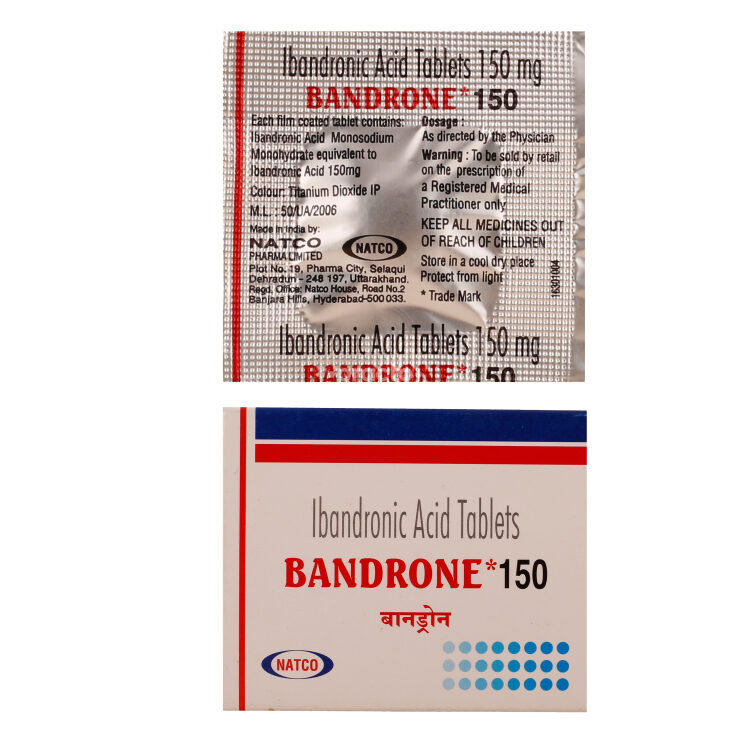natidine
Introduction to Natidine
Natidine is a widely recognized medication used to treat various conditions related to the stomach and esophagus. It is primarily used to reduce the production of stomach acid, providing relief from symptoms such as heartburn, acid indigestion, and sour stomach. Natidine is available in multiple forms, including tablets, injections, and syrups, making it versatile for different patient needs. This medication is particularly effective in managing conditions like gastroesophageal reflux disease (GERD), peptic ulcers, and Zollinger-Ellison syndrome. With its proven efficacy, Natidine is a popular choice among healthcare providers for patients experiencing discomfort due to excess stomach acid.
Composition of Natidine
The active ingredient in Natidine is Ranitidine, which is present at a concentration of 25mg/ml in its liquid forms. Ranitidine belongs to a class of drugs known as H2 blockers. It works by reducing the amount of acid your stomach produces, thereby alleviating symptoms associated with excess acid. This makes it effective in healing acid-related damage to the stomach and esophagus, preventing ulcers, and improving symptoms of heartburn and indigestion. By blocking histamine, a natural substance in the body that prompts acid production, Ranitidine helps maintain a balanced stomach environment.
Uses for Natidine
- Treatment of gastroesophageal reflux disease (GERD)
- Relief from heartburn and acid indigestion
- Management of peptic ulcers
- Prevention of stomach and duodenal ulcers
- Treatment of Zollinger-Ellison syndrome
- Reduction of gastric acid secretion during surgery
Side Effects of Natidine
- Headache
- Dizziness
- Constipation or diarrhea
- Nausea
- Stomach pain
- Fatigue
- Rarely, confusion or agitation in elderly patients
Precautions of Natidine
Before using Natidine, it is important to consult with your healthcare provider, especially if you have a history of kidney or liver problems. Pregnant or breastfeeding women should use this medication only if clearly needed and prescribed by a doctor. Avoid alcohol and smoking while taking Natidine, as these can increase stomach acid and exacerbate symptoms. It is also advisable to inform your doctor about any other medications you are taking, as Natidine can interact with certain drugs. Regular monitoring by a healthcare professional is recommended to ensure the medication's effectiveness and to avoid potential complications.
Conclusion
Natidine, with its active ingredient Ranitidine, offers an effective solution for managing conditions related to excess stomach acid. Available in various forms such as tablets, injections, and syrups, it provides flexibility and convenience to patients. While it is generally well-tolerated, it is essential to use Natidine under medical supervision to minimize risks and ensure optimal benefits. Always follow your healthcare provider's instructions and report any unusual symptoms promptly. With proper use, Natidine can significantly improve quality of life for those suffering from acid-related disorders.
Similar Medicines
More medicines by Natco Pharma Ltd
Available in 2 variations

Natidine 25mg Injection
vial of 2 ml Injection

Natidine 150mg Tablet
strip of 10 tablets
Disclaimer : This information is not a substitute for medical advice. Consult your healthcare provider before making any changes to your treatment . Do not ignore or delay professional medical advice based on anything you have seen or read on Medwiki.
natidine
Prescription Required
Manufacturer :
Natco Pharma LtdComposition :
ranitidine














.svg)
